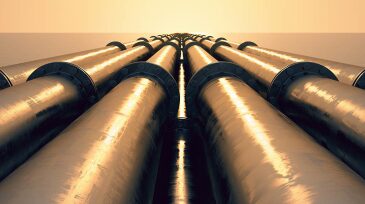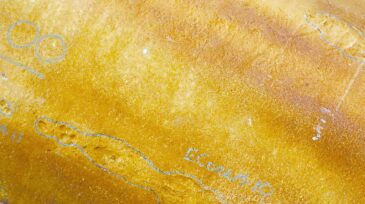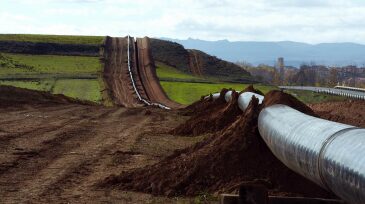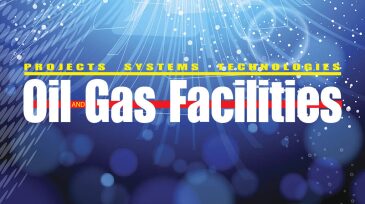pipelines
-
Bypass pigging has advantages over conventional approaches. Its application to multi-phase flow with high wax content crude is discussed.
-
This paper reviews the current methodology for assessing pipeline embedment against field data, in which underprediction of pipeline embedment could be critical to design integrity.
-
With more wells to check than tools and time to do so, a methodology to predict wells with the highest risk of corrosion was developed.
-
A simple, practical, and reliable method to detect a gas leak under the conditions of unknown inlet or outlet gas rate, or unknown inlet or outlet pressure, is highly desirable. This paper discusses such a method.
-
Compressor stations often consume 3-5% of the gas they are transporting as fuel. How to minimize this fuel consumption in an optimal manner is the subject of this paper.
-
This paper reviews the mechanisms of initiation and the prevention of top-of-the-line corrosion (TLC). Recent research and developments are highlighted and validated to arrive at best practices for control of this significant corrosion manifestation.
-
Water condensation and/or hydrate formation at the top of pipelines are serious design/operation considerations in pipelines. This paper reports the results of tests conducted in a new experimental setup constructed for investigating gas-hydrate risks in varied operational scenarios.
-
A relatively small concentration of a defoamer can have a significant impact on the dynamics of multiphase flow within a pipe, but the effect is generally temporary.
-
There are few deepwater-pipeline operators with expertise in pipeline repairs. This paper describes a strategy developed and implemented on deepwater-pipeline intervention, based on a deepwater operational experience built over a decade.
-
This paper illustrates a numerical approach to estimate the deposition profile of precipitated wax crystals and its effect on flow-related parameters in pipelines. Options for avoiding these issues are also explored.










